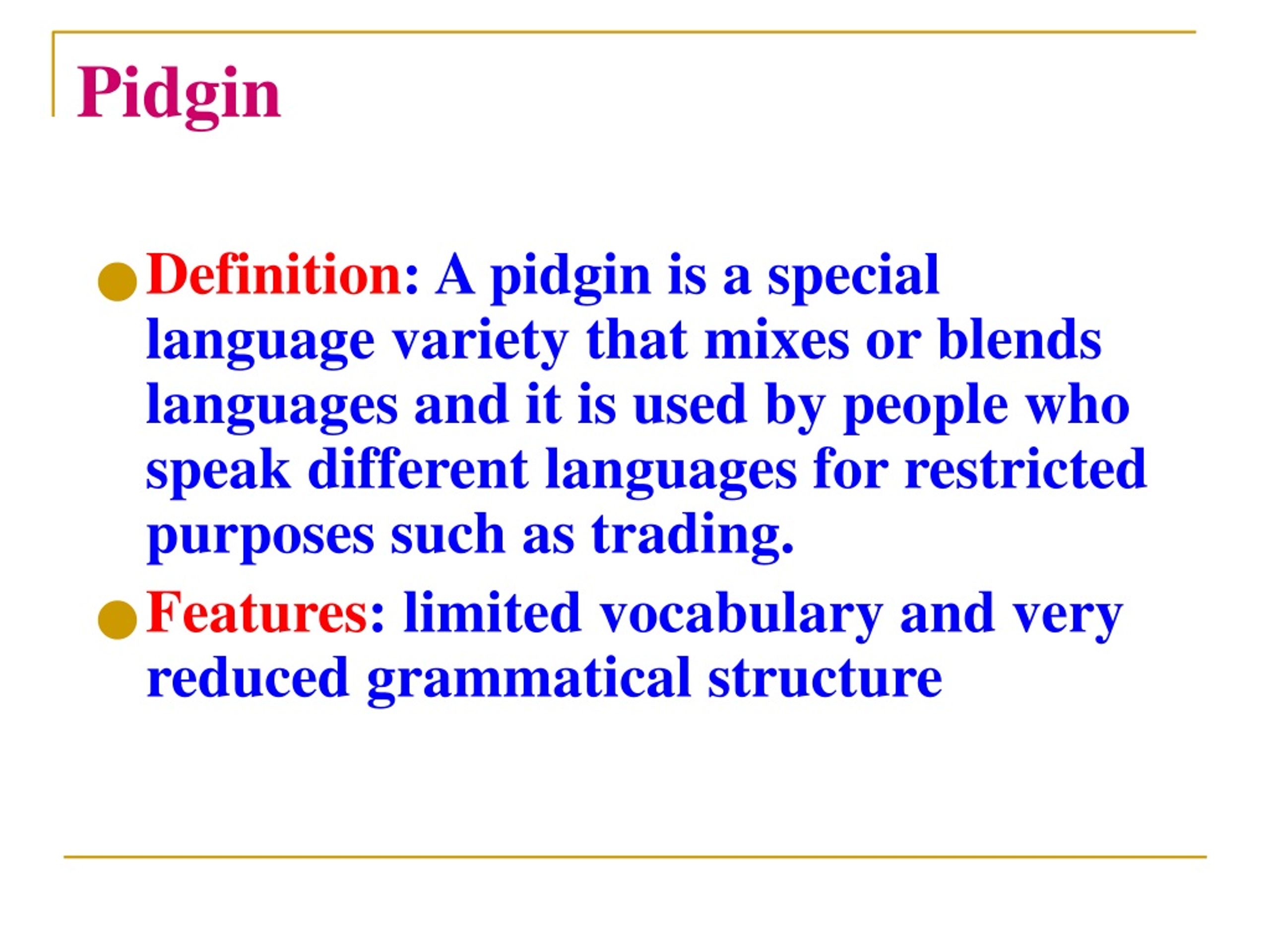
Wherever these encounters occurred, it's very likely a form of a pidgin-like language cropped up (in some cases there are creole languages that prove this). Owing to its speakers having had encounters with people across the globe, they have adopted thousands of words, from many, many other languages, including Dutch (nautical terms, for example), German (ie aspirin), India (Cumin, mango), African languages doubtlessly had their input, too. As I seem to recall, English is one of, if not the, richest language(s) in terms of vocab. The adoption of foreign vocab is, though now receding rapidly, has long been a trait of English. What I dare say is that, IMO, Middle English still was a Germanic language, that just got over-seasoned with Romanic vocab. Of course, there being an actual pidgin is just speculation. However, it's fair to say that nobody was born into that language, and thus it never further developed into a creole. In a way, one could argue that Middle English was indeed a form of pidgin, it, of course, stems from a time where contact with French was self-evident.Ĭouple that with the reasons why we have pidgins: basic, commercial communication requirements and it is very likely that at some point there was a business oriented subset of some language (either English or French) that was the pidgin of the day. The construction of a modern myth: Middle English as a creole Richard J.

( Complementation in Middle English and the Methodology of Historical Syntax: A Study of the Wyclifite Sermons Anthony Warner, 1982)

*Warner’s argument against creolization takes up the Wyclifite sermons (ca 1377 to ca 1412) as evidence that both audience and authors were thoroughly familiar with both Latin and English While there may have been a creolized English after 1066, I doubt it, as 1) French was mainly spoken in the court and among the aristocrats, who, in their dealings with native English speaking, could speak English 2) bilingualism was hardly uncommon among the educated 3) they had an interlanguage* of the educated, merchants, the religious and their audiences at the time (Latin) as opposed to a lack of an interlanguage with Hawaiian or Chinese Pidgin 4) pidgin/creole has fewer words than either of the languages which have been combined, whereas 1066 marked the beginning of the period of the greatest expansion ever of the English Language, which then started to slow down in the late 14th - early 15th Century.

You are perhaps looking for a discussion of Language Myths and the History of English (Richard J. Since none are coming to your assistance, I'll contribute the little I know from my studies related to teaching Latin.Įnglish is definitely not a pidgin language, insofar as pidgin means a grammatically simplified form of a language, used for communication between people not sharing a common language. I think this is an opinion-soliciting question, best answered by linguists.

Perhaps the English of tomorrow will look as much like today’s English as Chaucer looked like Beowulf. The Last Lingua Franca: English Until the Return of Babel.I’ve found several articles on the notion, but they are unclear about what is happening today with World English and how that relates to what happened after 1066. I do wonder whether in today’s world of English becoming the lingua anglica of common communication as French gave rise to the lingua franca of yesteryear, such a creolization might not be recurring, at least in certain places with a dominant alternate language, such as in India or Singapore. Related musings of my own that I don’t expect answers for follow. Was it such, and if so, which one was it: a creole or pidgin? If so, when did it stop being such - or didn’t it stop being such? Because Middle English was a hodgepodge mélange of Old English (a Germanic tongue) and Norman French (a Romance language), it seems like Middle English was actually a kind of pidgin or creole.


 0 kommentar(er)
0 kommentar(er)
